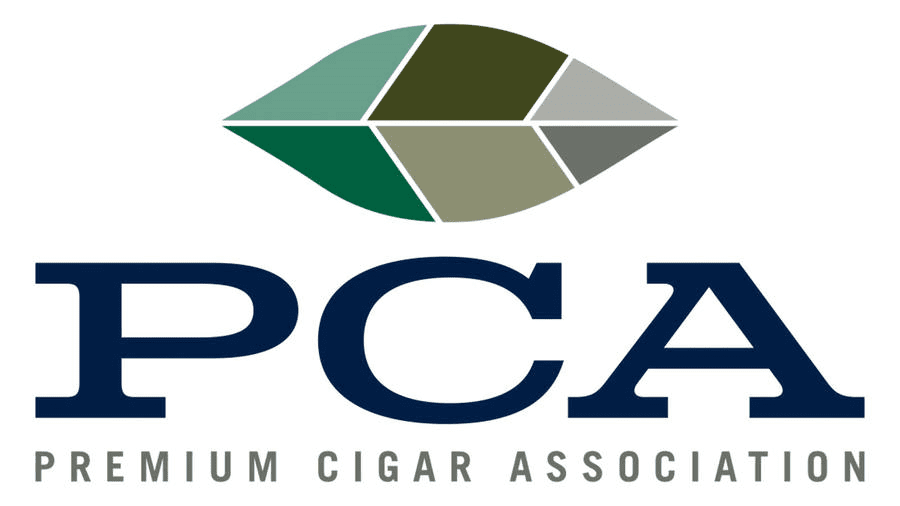
Today, the Premium Cigar Association (PCA) briefed Dr. Brian King, the new Director of the Center for Tobacco Products (CTP), on the industry’s issue set and the association’s priorities. The briefing, which was one of Dr. King’s first engagements with stakeholders, covered material facts about the uniqueness of the products, legislative history, current health data, economics, and impact of regulatory efforts.
Director King was joined by several other members of the Food & Drug Administration (FDA), including Michele Mital, Deputy Director of the Center for Tobacco Products, and the PCA was represented by Greg Zimmerman (The Tobacco Company), Scott Regina (Emerson’s Cigars), Mike Condor (Crowned Heads), Scott Pearce (PCA), Joshua Habursky (PCA), and Patrick Anderson (PCA consultant).
PCA focused its comments on the need for CTP to be a data driven policymaker. Since the government’s own research concurs that premium cigars are neither a source for underage access or nicotine addiction, continued efforts to regulate this market are neither practical or justified. PCA also reminded CTP of the history of the Tobacco Control Act and specifically that cigars were excluded from the legislation. FDA’s deeming authority was granted for the purpose of unforeseen innovation and trends that directly affect youth and addiction.
“Director King is a researcher, and we urged him to lean into that part of his background and shed the current mantel that CTP wears — “tobacco free” ideology is not what the Tobacco Control Act authorized,” said Greg Zimmerman, President of the Premium Cigar Association.
“A lot of time and money has been spent by the government to try and justify FDA’s efforts to regulate premium cigars. While PCA is proud of our wins in defense of the industry, what we really need them to understand is that they are not achieving their own goals when they take broad sweeping approaches to regulation,” said Scott Pearce, Executive Director of the Premium Cigar Association.
PCA also illustrated the unique supply chain and economics of the premium cigar industry, from the agricultural interests of U.S. trading partners to specialty retailers across every Congressional district in the United States. While FDA is not primarily concerned with economic impacts, other federal agencies and foreign governments have begun tracking their actions and voicing concerns with the Administration.
In addition, PCA pointed out the imbalance of perspectives represented in FDA’s public forums and a need for improved and more frequent communication with CTP was also suggested. PCA further addressed the issue of the CTP’s use of conflated data in public announcements about premium cigars.
“As long as the FDA remains our regulator, there needs to be productive dialogue. The necessity for the FDA to be aggressive towards premium cigars is not prudent and we are hopeful that this personnel change will represent a departure from the past actions that were based on a one-size-fits all approach,” noted Joshua Habursky, Deputy Executive Director/Head of Government Affairs for the Premium Cigar Association.
Wednesday’s meeting with the leadership of the Center for Tobacco Products kicks off a series of high-level meetings that PCA is conducting. Later this week, the PCA will host staff from several embassies at the PCA headquarters in Washington, DC to discuss trade, commerce, and international policy.




